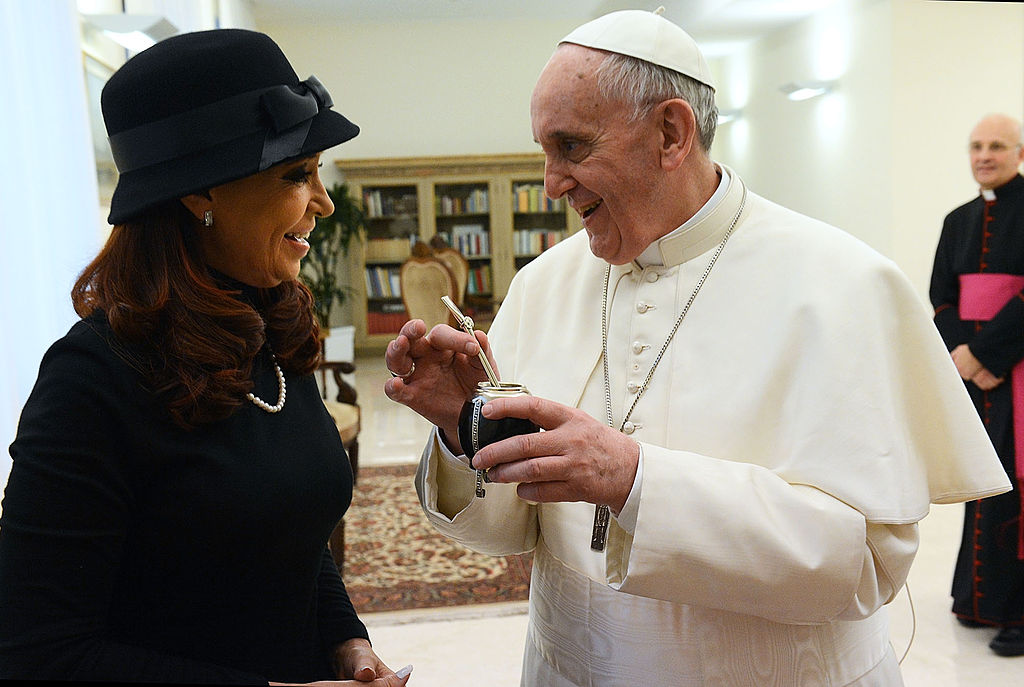
21/03/2013, by CLAS
The New Pope and Latin America
Had a Latin American been elected Pope in 1978 (when John Paul II was chosen), he would probably have been someone influenced by the politically progressive ‘Liberation Theology’ which (declaring ‘an option for the poor’) then dominated Church thinking there. Now, however, the election of Argentina’s Jorge Bergoglio (as Francis I), following three decades of the Vatican’s drive to eradicate that movement, brings someone as evidently conservative as his two predecessors. Nonetheless, it is still significant for both the Church and Latin Americans (church-going or not), firstly because he brings experience from a very different world from ‘the North’ which has provided all previous Popes; secondly because, as the first Jesuit Pope, he comes from an order long seen as both an intellectual elite and in the vanguard of Church thinking (one reason why they were expelled from the Spanish empire in the 1760s); and thirdly because, for all his doctrinal conservatism, he still seems, in his declared commitment to ‘the poor’, to carry traces of the ‘Liberation’ idea he once rejected. Furthermore, when Catholicism in Latin America is under growing pressure from evangelical Protestantism and dominated by a Vatican-appointed conservative hierarchy, the election of a Pope from that region may well generate a revival of flagging interest.
Antoni Kapcia, Professor of Latin American History
Image: Pope Francis I with Cristina Fernández de Kirchner, president of Argentina (source: Wikimedia commons)
No comments yet, fill out a comment to be the first

Leave a Reply